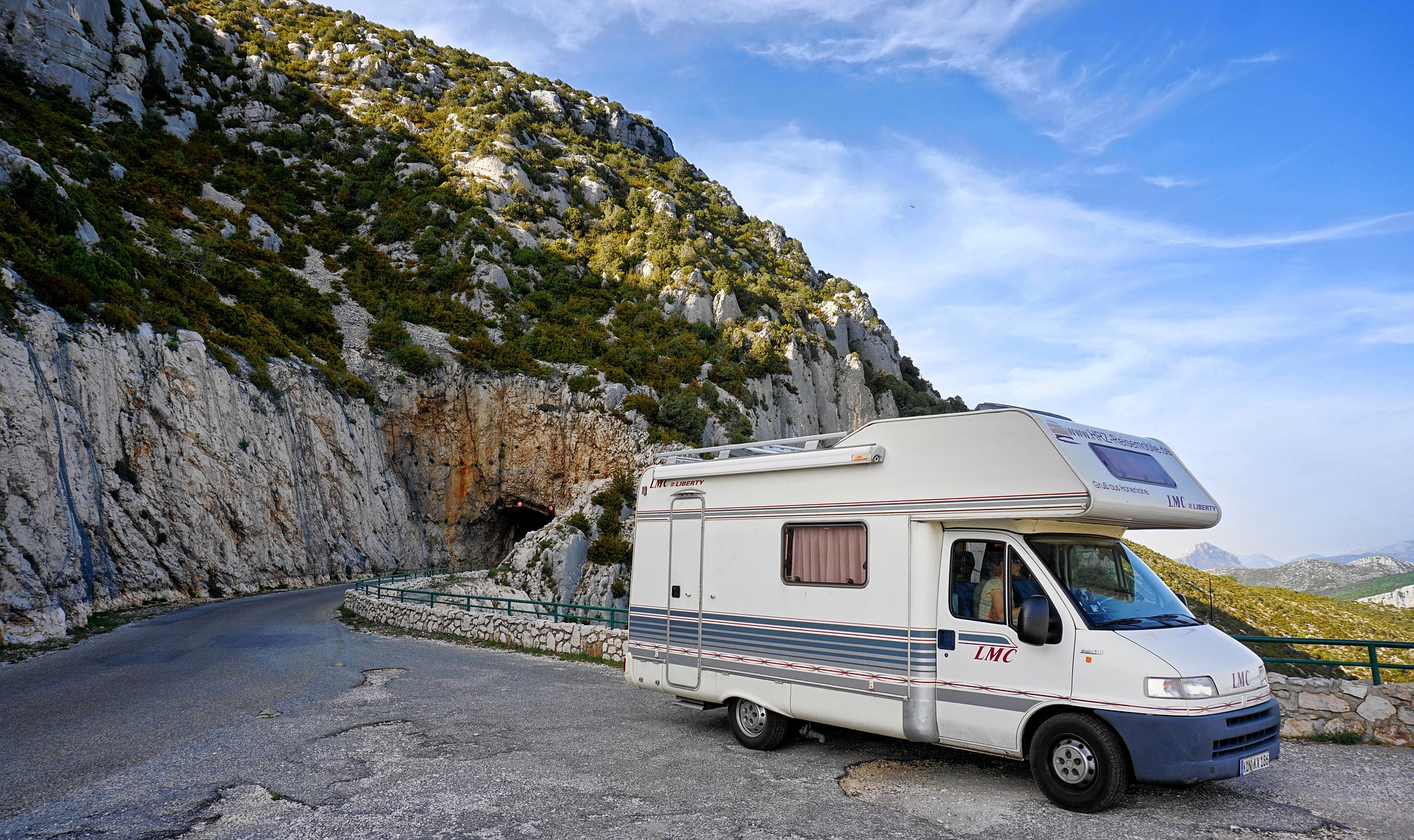Rent to Own Campers for Flexible Travel Ownership
Rent to own campers offer an affordable way to enjoy RV life without committing to full upfront costs. These agreements allow monthly payments while using the camper, eventually leading to ownership. Learn how the process works and what to consider before signing.

How Rent to Own Camper Programs Operate
Rent-to-own camper programs typically function as lease agreements with an option to purchase. Participants make regular payments, usually monthly, which cover the rental cost of the camper. A portion of each payment is often credited towards the eventual purchase price if the renter decides to buy the vehicle at the end of the lease term.
The lease period can vary, but it’s commonly set between 12 to 36 months. During this time, renters have full use of the camper, allowing them to enjoy extended trips and adventures. It’s important to note that maintenance responsibilities may fall on the renter, depending on the specific agreement terms.
Pros and Cons of This Flexible Ownership Option
Like any financial arrangement, rent-to-own camper programs come with advantages and drawbacks. On the plus side, these programs offer a low-commitment way to experience RV living without the hefty upfront costs associated with purchasing. They also provide an opportunity to test different models before committing to ownership.
However, potential downsides include higher overall costs compared to an outright purchase, as well as the risk of losing money invested if you decide not to buy at the end of the lease. Additionally, some programs may have strict usage limitations or mileage restrictions that could impact your travel plans.
What to Look for in a Camper Agreement
When considering a rent-to-own camper program, carefully review the agreement terms. Pay close attention to the purchase option details, including the final price and how your rental payments will be applied. Look for clarity on maintenance responsibilities, insurance requirements, and any usage restrictions.
It’s crucial to understand the financial implications of the agreement. Compare the total cost of the rent-to-own program with the price of purchasing a similar camper outright. Consider factors such as interest rates, depreciation, and potential hidden fees that could affect the overall value of the deal.
Key Considerations for Prospective Renters
Before signing a rent-to-own camper agreement, assess your long-term camping needs and financial situation. Consider how often you’ll use the RV and whether ownership aligns with your lifestyle goals. Research different camper types and models to ensure you’re committing to a vehicle that suits your preferences.
• Evaluate your budget for both short-term rental payments and long-term ownership costs • Check the camper’s condition and maintenance history • Understand the cancellation policy and any penalties for early termination • Compare offers from multiple providers to find the best terms • Consider the resale value of the camper if you plan to upgrade in the future
Alternatives to Rent-to-Own Programs
While rent-to-own programs can be attractive, they’re not the only option for aspiring RV owners. Traditional financing through banks or credit unions may offer lower interest rates for those with good credit. Some buyers opt for used campers to reduce costs, while others explore peer-to-peer RV sharing platforms for occasional use without the commitment of ownership.
| Option | Description | Potential Benefits |
|---|---|---|
| Traditional Financing | Loan from bank or credit union | Potentially lower interest rates |
| Used Camper Purchase | Buying a pre-owned RV | Lower upfront cost |
| RV Sharing Platforms | Renting from private owners | Flexibility without ownership |
| Rent-to-Own Programs | Lease with purchase option | Try before you buy |
Making an Informed Decision
Ultimately, the decision to enter a rent-to-own camper program should be based on a thorough understanding of your financial situation, camping habits, and long-term goals. While these programs can provide a path to ownership for some, they may not be the most cost-effective option for others. Take the time to research, compare options, and consult with financial advisors if needed to ensure you’re making the best choice for your circumstances.
Remember that the RV market and available programs can vary significantly by region and provider. Always read the fine print, ask questions, and don’t hesitate to negotiate terms that better suit your needs. With careful consideration and planning, you can find the right path to enjoying the freedom and adventure that comes with having your own camper or RV.
The shared information of this article is up-to-date as of the publishing date. For more up-to-date information, please conduct your own research.




